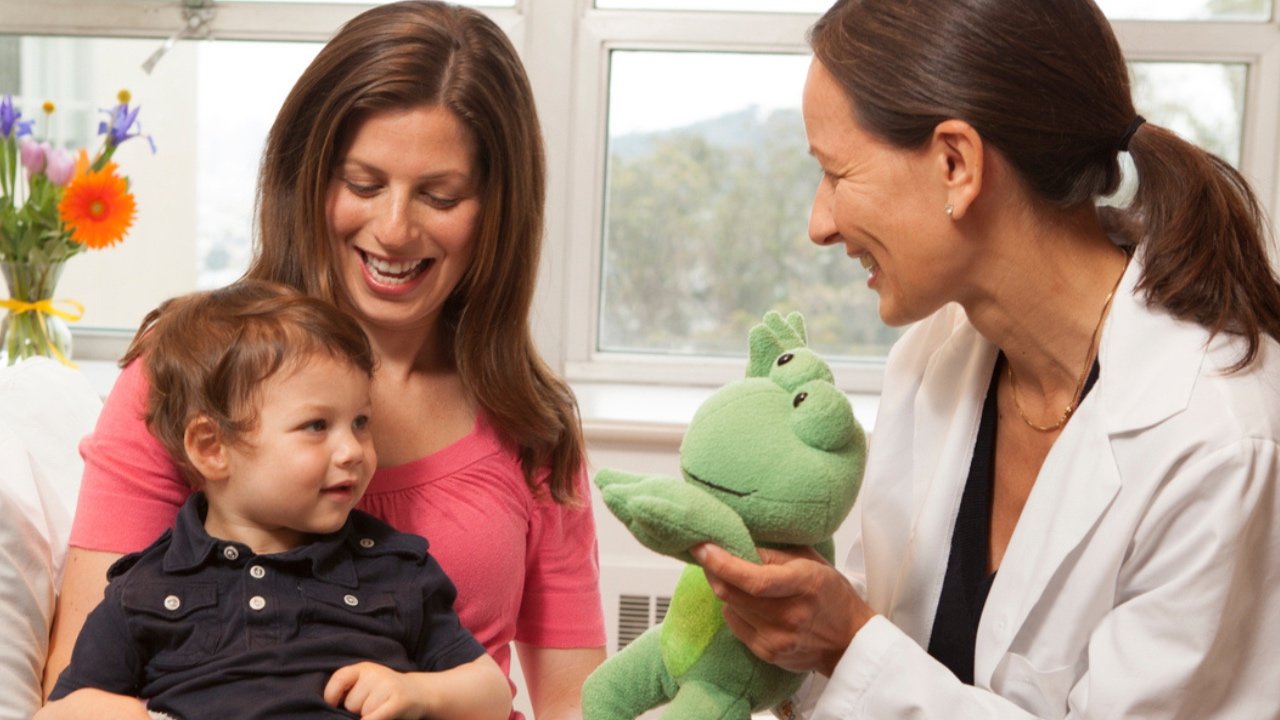
Patient families are at the heart of everything we do.
When a family first hears that their child has a brain tumor, their whole world is changed. Fast, complex decisions must be made while they are still shocked by an unimaginable diagnosis. Unfortunately for a lot of pediatric brain tumor diagnoses, there is no standard of care. There is hope on the horizon. The Pediatric Neuro-Oncology Consortium (PNOC) was formed in 2012 to accelerate pediatric brain cancer research and translate the latest discoveries in brain cancer biology into better treatments. Since PNOC was founded, its innovation has rapidly changed the landscape of pediatric brain cancer research and clinical trials.
Operated out of the University of California San Francisco (UCSF), PNOC has grown to a collaboration of participating sites comprising of over 40 of top children’s hospitals across the world. Children and young adults diagnosed with brain cancer may be eligible to enroll in PNOC’s innovative clinical trials at sites across the U.S., Switzerland, Australia, New Zealand, Israel, Egypt, India, The Netherlands and Brazil. Through their cooperative network, PNOC is fostering an unprecedented global collaboration of the world’s leading pediatric brain cancer experts. PNOC’s overarching goal is to conduct early-phase clinical trials, which emphasize novel, biology-driven, precision-based therapeutics. To this end, PNOC pursues clinical strategies based on the molecular and genetic make-up of each patient’s individual tumor. PNOC experts assess therapies aimed at interfering with specific cellular pathways and aspire to spare patients from therapy that is not optimized for their unique tumor type. PNOC’s core mission is to improve the outcome of all of our patients. We produce disease specific informational webinars with PNOC experts several times a year to provide patient families with the most up to date information on research and clinical trials.
To learn more about current PNOC clinical trials, visit https://pnoc.us/clinical-trials/. To find out if your child or patient is eligible to enroll in a PNOC clinical trial, please contact info@pnoc.us.
Watch one of the world's leading pediatric brain tumor experts and PNOC leader Dr. Sabine Mueller share her best practices for newly diagnosed patient families.
A key mechanism to support our translational research is through our PNOC Working Groups. The intent is to be collaborative, forward thinking, strategic, and efficient in developing clinical trials for the highest unmet need patients treated on PNOC studies. Working group focus areas include: Low grade Glioma, Diffuse Midline Glioma/High grade Glioma, Medulloblastoma, Atypical Teratoid Rhabdoid Tumors (ATRT), Craniopharyngioma, Ependymoma, Germ Cell Tumors, Immunotherapy, Imaging, and DEI (Diversity, Equity, and Inclusion).
Our Research Groups
ATRT
This working group focuses on advancing research and new treatment strategies for atypical teratoid rhabdoid tumors (ATRT).
View ATRT Informational Webinar
DMG, DIPG, HIGH GRADE GLIOMAS
The DMG-ACT working group focuses on advancing research and new treatment strategies for diffuse midline glioma (DMG) tumors, including high grade gliomas (HGG) and diffuse intrinsic pontine gliomas (DIPG).
View the High Grade Glioma Informational Webinar
MEDULLOBLASTOMA
This working group focuses on advancing research and new treatment strategies for medulloblastoma tumors.
GERM CELL TUMORS
This working group focuses on advancing research and new treatment strategies for germ cell tumors.
EPENDYMOMA
This working group focuses on advancing research and new treatment strategies for ependymoma tumors.
CRANIOPHARYNGIOMA
This working group focuses on advancing research and new treatment strategies for craniopharyngioma tumors.
DEI
This working group focuses on advancing the Diversity, Equity, and Inclusion within PNOC’s clinical trials, affiliate sites, and personnel.
IMMUNOTHERAPY
This working group focuses on advancing research and new treatment strategies utilizing immunotherapy.
IMAGING
This working group focuses on advancing imaging research and new imaging strategies for all brain tumors.
Patient Family Stories
Many families find sharing their story to help raise awareness and research funding empowering. Please consider sharing your family's pediatric brain cancer journey, or would like a customized fundraising page, please email rachael@pnocfoundation.org
